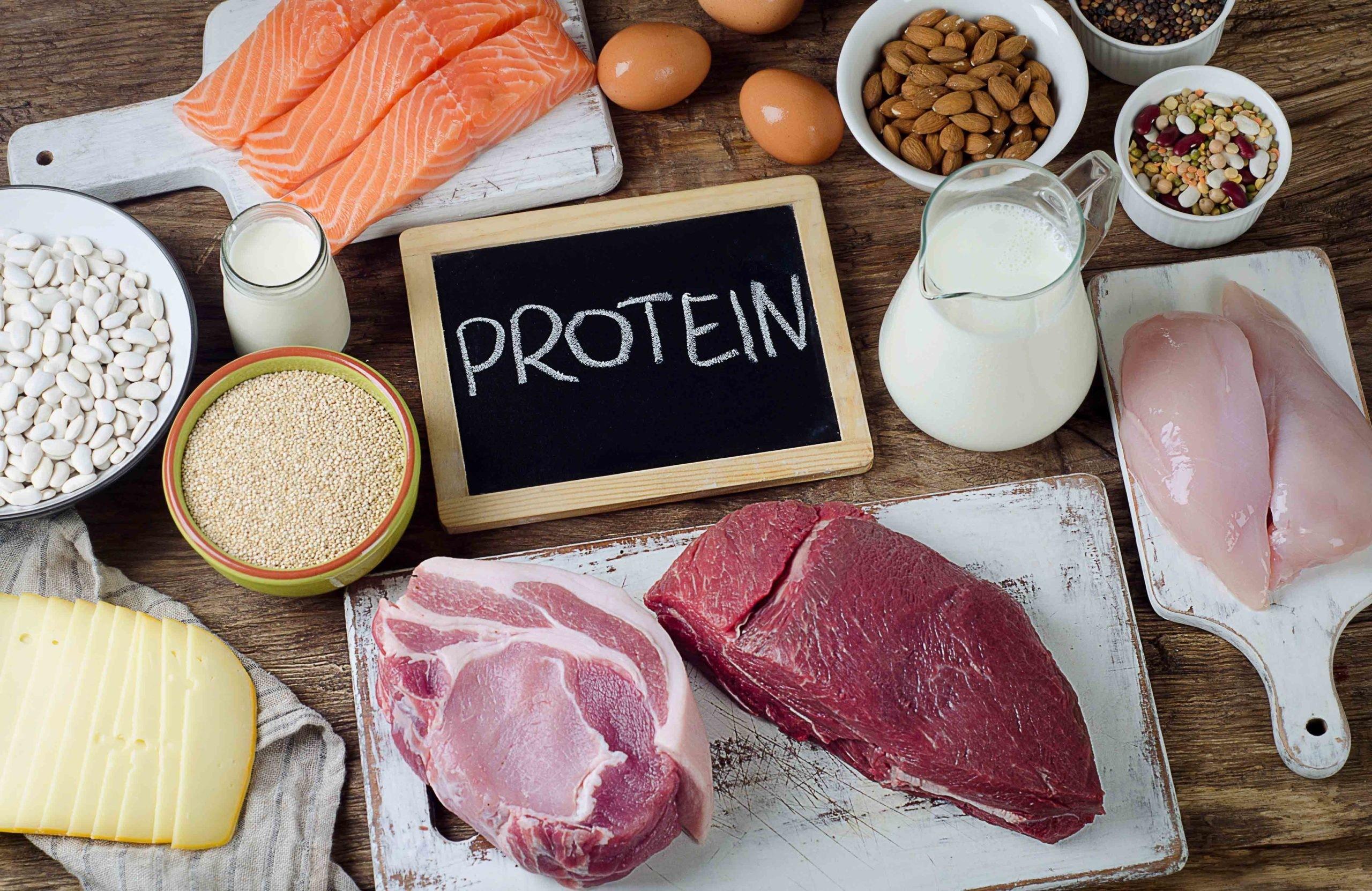Embarking on a journey to achieve your ideal weight can often feel like navigating a labyrinth, where hunger lurks around every corner, waiting to derail your progress. While dieting, managing hunger is not just about willpower; it’s about understanding your body’s signals and making strategic choices to nourish yourself while staying on track. In this article, we will explore practical and effective tips for managing hunger, transforming it from a formidable foe into a manageable companion on your path to health and wellness. Whether you’re a seasoned dieter or just beginning to explore healthier eating habits, these insights aim to equip you with the tools to maintain balance and harmony between your body’s needs and your dietary goals.
Mastering Meal Timing for Satiety Success
One of the most effective ways to manage hunger while dieting is to strategically plan your meals throughout the day. The key is to ensure that you’re eating at intervals that maintain energy levels and curb cravings. Consider dividing your meals into smaller, balanced portions, ensuring that each meal contains a mix of protein, healthy fats, and complex carbohydrates. This not only stabilizes blood sugar levels but also promotes a feeling of fullness.
- Prioritize Protein: Include a source of lean protein in every meal to increase satiety and reduce the desire to snack between meals.
- Fiber First: Foods rich in fiber, such as vegetables, fruits, and whole grains, help to slow digestion and keep you feeling fuller for longer.
- Mindful Hydration: Often, thirst is mistaken for hunger. Drink water regularly throughout the day to stay hydrated and help control appetite.
- Evening Balance: If you find yourself hungrier at night, save a portion of your daily calorie intake for the evening to prevent late-night cravings.

Harnessing Hydration to Curb Cravings
When the pangs of hunger strike, reaching for a glass of water might be the simplest yet most effective tool in your arsenal. Hydration plays a crucial role in distinguishing between genuine hunger and mere thirst, a common confusion for many. Drinking water before meals can help you feel fuller, thus reducing the amount you eat. Not only does it aid in appetite suppression, but it also supports your body’s metabolic processes, ensuring you’re functioning at your best while pursuing your dietary goals.
- Start your day with a tall glass of water to kickstart your metabolism.
- Keep a water bottle handy throughout the day to maintain consistent hydration.
- Try infusing your water with slices of lemon, cucumber, or mint for a refreshing twist that encourages more frequent sipping.
- Pair each meal with a glass of water to naturally regulate portion sizes.
By integrating these hydration habits into your routine, you’ll find yourself better equipped to manage cravings and maintain a balanced diet. Remember, sometimes the simplest solutions are the most effective.

Mindful Munching: Elevate Your Eating Experience
- Listen to Your Body: Recognize the difference between true hunger and emotional cravings. This awareness can help you make more mindful choices. A useful trick is to pause and ask yourself if you would eat a simple food like an apple. If the answer is yes, it might be genuine hunger.
- Stay Hydrated: Sometimes, thirst is mistaken for hunger. Keep a bottle of water handy and sip throughout the day. Herbal teas can also be a soothing alternative to keep those hunger pangs at bay.
- Snack Smart: When you need a little something between meals, opt for nutrient-dense snacks like a handful of nuts, Greek yogurt, or sliced veggies with hummus. These choices will satisfy your hunger and provide essential nutrients.
- Embrace the Power of Protein: Include lean proteins in your meals to keep you fuller for longer. Think grilled chicken, tofu, or legumes to provide the satiety your body craves.
- Mindful Meal Timing: Establish a regular eating schedule to prevent extreme hunger. Consistency helps in maintaining energy levels and managing hunger more effectively.

Protein Power: Fueling Fuller Days
Harnessing the power of protein can be a game-changer when it comes to managing hunger while dieting. Protein not only aids in building muscle and repairing tissues but also plays a pivotal role in keeping you feeling satiated for longer periods. By integrating protein-rich foods into your meals, you can effectively curb cravings and maintain energy levels throughout the day.
- Start your day strong: Incorporate protein-rich foods like eggs, Greek yogurt, or a protein smoothie into your breakfast to kickstart your metabolism and keep mid-morning hunger pangs at bay.
- Snack smartly: Opt for snacks that combine protein with fiber, such as a handful of almonds or a slice of whole-grain toast with peanut butter, to sustain fullness between meals.
- Balance your plate: Ensure each meal contains a source of lean protein, like chicken, tofu, or legumes, paired with plenty of vegetables and whole grains for a balanced, satisfying dish.
By prioritizing protein in your diet, you can enjoy more consistent energy levels and reduce the likelihood of overeating. Remember, the goal is to fuel your body with the right nutrients to support a healthier lifestyle, not to deprive it.
In Conclusion
As we conclude our exploration of strategies to manage hunger while on a dieting journey, it’s important to remember that every individual’s path is unique. Navigating the delicate balance between nourishing your body and achieving your health goals requires patience, mindfulness, and a touch of creativity. Whether you’re sipping on a warm cup of herbal tea or savoring the vibrant flavors of a nutrient-dense meal, each choice is a step toward a healthier you. Embrace the small victories, listen to your body’s cues, and let these tips serve as a gentle guide on your path to wellness. After all, the journey is as important as the destination, and with each mindful decision, you’re crafting a lifestyle that honors both your hunger and your health.


































